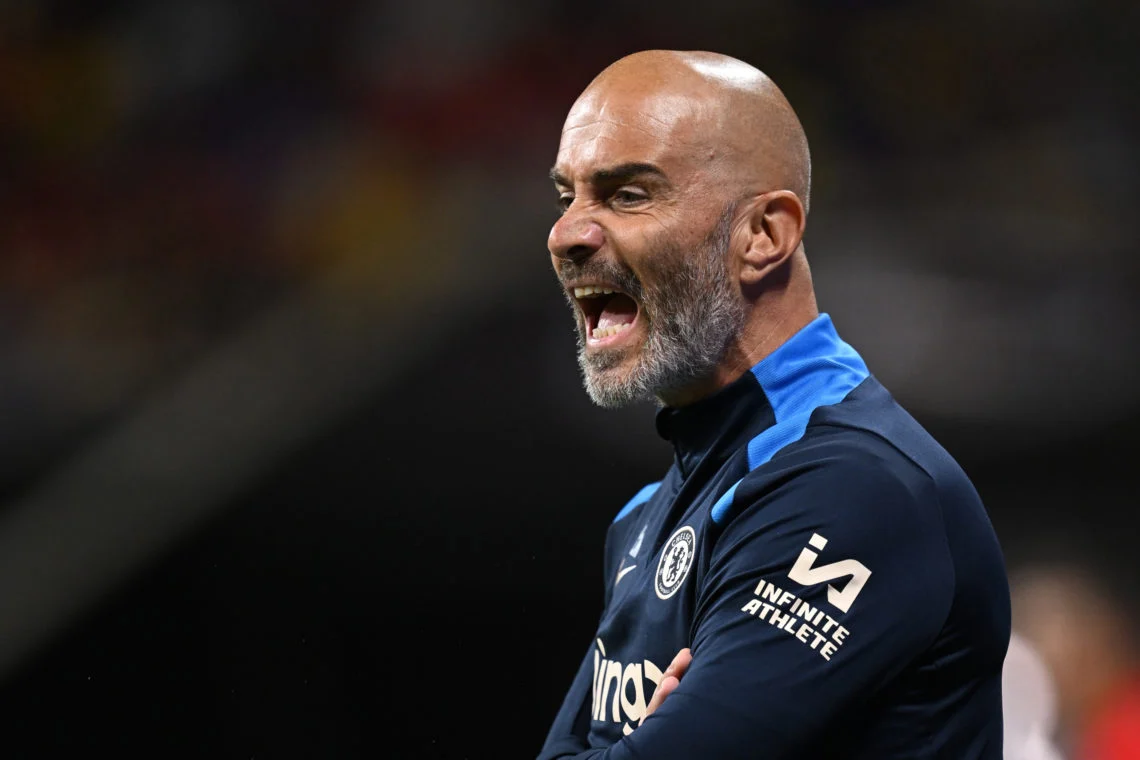Chelsea manager Enzo Maresca has called for significant changes to financial sustainability rules that he believes are driving Premier League clubs, including Chelsea, to sell their academy graduates. Conor Gallagher’s impending move to Atletico Madrid underscores this concerning trend, with Chelsea having offloaded several homegrown talents in recent years.
Gallagher’s potential departure adds to the list of academy products sold by Chelsea in the last two years. This list includes notable names such as Mason Mount, Lewis Hall, Ruben Loftus-Cheek, Ian Maatsen, and Callum Hudson-Odoi. Furthermore, Armando Broja and Trevoh Chalobah are also expected to leave before the end of August. This trend has raised concerns about the long-term implications for the club’s academy and its ability to retain top talent.
Under the new ownership of Todd Boehly and Clearlake Capital, Chelsea has spent over £1 billion in the past four transfer windows. This extensive spending spree has necessitated selling academy players to balance the books, as their transfer fees are fully recorded as profit. This financial strategy has become increasingly common as clubs navigate the stringent Premier League’s profit and sustainability rules.
These rules limit clubs to a maximum loss of £105 million over a three-year period. The strict regulations have led to a relatively slow summer transfer window and penalties for clubs that have breached these financial thresholds. Last season, Everton and Nottingham Forest faced penalties for financial breaches, and newly promoted Leicester City could face similar consequences this season due to violations in the 2022/23 campaign.
Enzo Maresca, who joined Chelsea from Leicester in June, has been vocal about the pressures these rules impose on clubs. “This is not just Chelsea’s problem; these are the rules all Premier League clubs must follow,” Maresca stated. He emphasized that the necessity to sell academy players is a league-wide issue, not isolated to Chelsea alone.
Maresca drew a comparison to Italy, highlighting the difference in player loyalty and career longevity at single clubs. He mentioned Francesco Totti, who spent his entire career at AS Roma, as an example of what football fans cherish—players with long-term loyalty to their clubs. “We love that in football; the fans want to see that. But with the rules now, it is different from the past,” Maresca lamented.
Gallagher, who captained Chelsea for much of the last season due to Reece James’ injury troubles, is reportedly set to join Atletico Madrid for £33 million. Despite the unrest among fans about his potential departure, Gallagher reportedly rejected a two-year contract extension at Stamford Bridge. This situation underscores the complexities involved in balancing financial sustainability and retaining top talent.
“In this moment, there is something between the club and the player – an agreement to stay or to leave,” Maresca explained. “These kinds of things happen in every club, every summer, and in the end, the final decision will be good for everyone.”
Maresca’s comments reflect broader concerns about the impact of financial regulations on the development and retention of young talent in the Premier League. The sale of academy products has become a financial necessity rather than a strategic choice for many clubs. This trend has significant implications for the future of youth development programs and the ability of clubs to maintain a consistent pipeline of homegrown talent.
As Chelsea prepares for the new season, the club’s management and fans will be watching closely to see how these issues unfold. The financial regulations, while designed to ensure sustainability, appear to be forcing clubs to make difficult decisions that could affect their long-term competitiveness.
The broader football community is also paying attention to these developments. The balance between financial sustainability and maintaining a strong academy system is delicate. Clubs like Chelsea, known for their robust youth programs, are now grappling with the challenge of staying financially compliant while trying to retain their top talents.
In conclusion, Enzo Maresca’s call for changes to financial sustainability rules highlights a pressing issue facing Chelsea and other Premier League clubs. The exodus of academy talent, driven by the need to comply with stringent financial regulations, poses a significant challenge to the future of youth development in English football. As the new season approaches, the impact of these financial pressures will continue to be a key area of focus for clubs, managers, and fans alike.
ALSO READ:Conor Gallagher Set to Leave Chelsea for Atletico Madrid in €33M Deal


